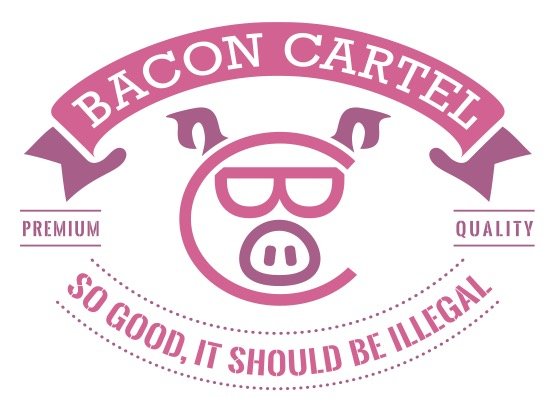Exploring Tipping Culture in the Restaurant Industry
As someone deeply ingrained in the restaurant industry, I have witnessed the highs and lows that come with the territory. From working in bustling environments akin to scenes from "Zombies" or "Dexter," to relying on tips as a crucial part of my income, I've experienced it all. The allure of fast cash from tips can be addictive, reminiscent of that initial hit of weed or first bump.
One pressing question that arises is whether it is ethical to continue relying on tips as a primary source of income for employees. The concept of "tipflation" has emerged as gratuity expands beyond traditional full-service restaurants, fueled in part by the COVID-19 pandemic and inflation surge. The social pressure created by digital payment systems with visible gratuity prompts has led to what some term as "guilt-tipping" and "tipping fatigue."
Delving into the historical roots of tipping reveals a complex narrative. Tipping traces back to medieval times, where it originated as a way for masters to reward extraordinary service from their servants. Over time, the practice evolved, with some scholars suggesting ties to post-slavery job opportunities in industries like restaurants, railway services, and domestic work.
Fast forward to the present day, and the restaurant industry continues to grapple with the legacy of tipping. The federal minimum wage for tipped workers remains at a mere $2.13, a relic of New Deal-era legislation that required employers to pay a wage supplemented by tips to meet the minimum threshold. This system has faced criticism for perpetuating low wages and instability for workers.
The debate over tipping raises fundamental questions about fairness, sustainability, and the future of the restaurant industry. Some argue that eliminating tipping could lead to higher menu prices but fairer wages for employees. However, the misconception that restaurants are highly profitable businesses overlooks the industry's high failure rate and slim profit margins.
As we navigate these complexities, it's essential to question why the United States stands out as the only country where tipping is a prevalent means of supporting restaurant workers. By shedding light on the history, challenges, and potential solutions regarding tipping, we can foster a deeper understanding of this longstanding practice and its implications for workers and consumers alike.

